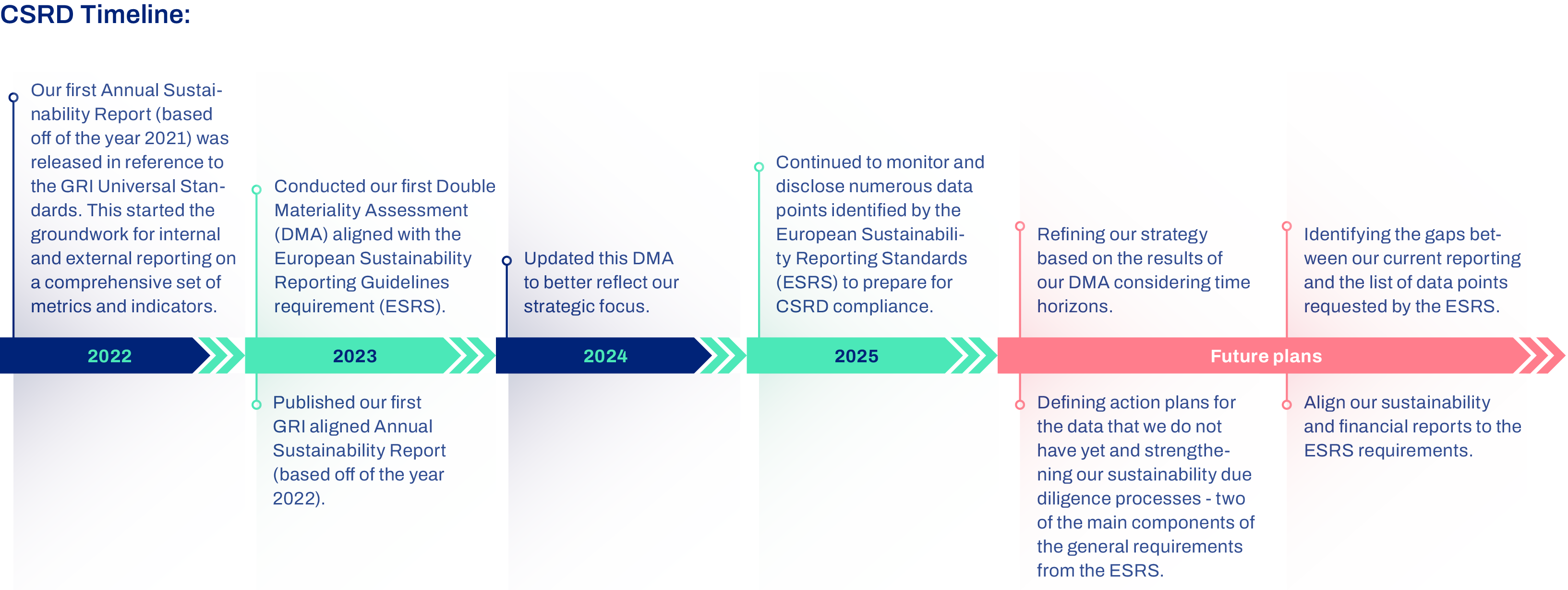EU Taxonomy
Which of your activities can be considered environmentally sustainable? It seems an easy question but without a clear definition, there is a lot of room for discussion and unclarity. The EU Taxonomy aims to solve exactly that.
By providing a classification system, it establishes clear criteria for defining environmentally sustainable economic activities. This framework helps us to identify and prioritize investments that contribute to a low-carbon economy.
We are currently developing the list of economic activities that are relevant for us and calculating how much of our company is “eligible” to be Taxonomy-aligned, meaning it has potential to become environmentally sustainable. Ultimately, we are aiming to increase the share of Taxonomy-aligned economic activities throughout our whole company. Samskip will report on our share of revenue, operational expenditures and capital expenditures that are either eligible or aligned with the EU Taxonomy.
EU Emission Trading System (ETS)
Samskip has been part of the EU’s Emission Trading System (EU ETS) since the beginning of 2024.
One of the EU’s main tools to drive carbon reduction is the EU ETS. It works by putting a price on carbon emissions for large emitters like heavy industrial companies. These companies are then required to buy Emission Allowances (EUAs) from the market or through EU-organized auctions, in order to be allowed to emit greenhouse gas emissions. In simple terms, it’s like a tax on carbon emissions.
The EU controls the supply of emission allowances, which essentially represents the amount of emissions allowed. As the number of EUAs decreases over time, emissions are reduced as well. At the same time, the increased cost of emitting CO₂ helps to close the price gap between fossil and alternative fuels.
While this system has been around for many years, the maritime sector was only added to the EU ETS in 2024. From this moment on, Samskip has been procuring emission allowances and investing in alternative fuels.
Fuel EU Maritime
Another tool in the EU’s toolbox from 2025 onwards is the FuelEU Maritime (FEUM). Specifically designed to reduce maritime emissions, the FEUM does not just incentive carbon reduction like the EU ETS, it forces an increase of alternative fuels.
FEUM takes a slightly different approach to looking at emissions. Where EU ETS and other carbon calculations look at the emissions from the exhaust, the FEUM looks at the tank of a vessel and asks: “What kind of fuels are it using, and how much CO₂ is in them?”
This is referred to as the carbon intensity of fuels onboard. It is measured at grams of CO₂ per Megajoule of energy. Why does this matter? Because it removes efficiency savings from the equation. The carbon intensity of the fuel used does not change whether you use it efficiently or not, and so, you cannot “save” your way out of FUEM maritime compliance by taking smarter routes or sailing slower. There is only one solution: to invest in alternative fuels.
The FUEM starts slow, with only 2% reduction required in 2025. But don’t sleep on it, in ten years it will be 14,5% and then increase exponentially to 80% in 2050.
Samskip is committed to its decarbonization roadmap and expects to over-comply with the FUEM from its introduction in 2025.


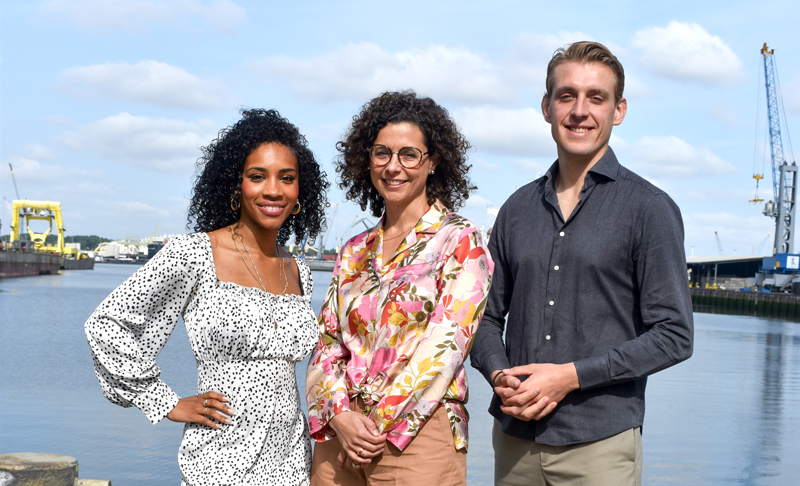
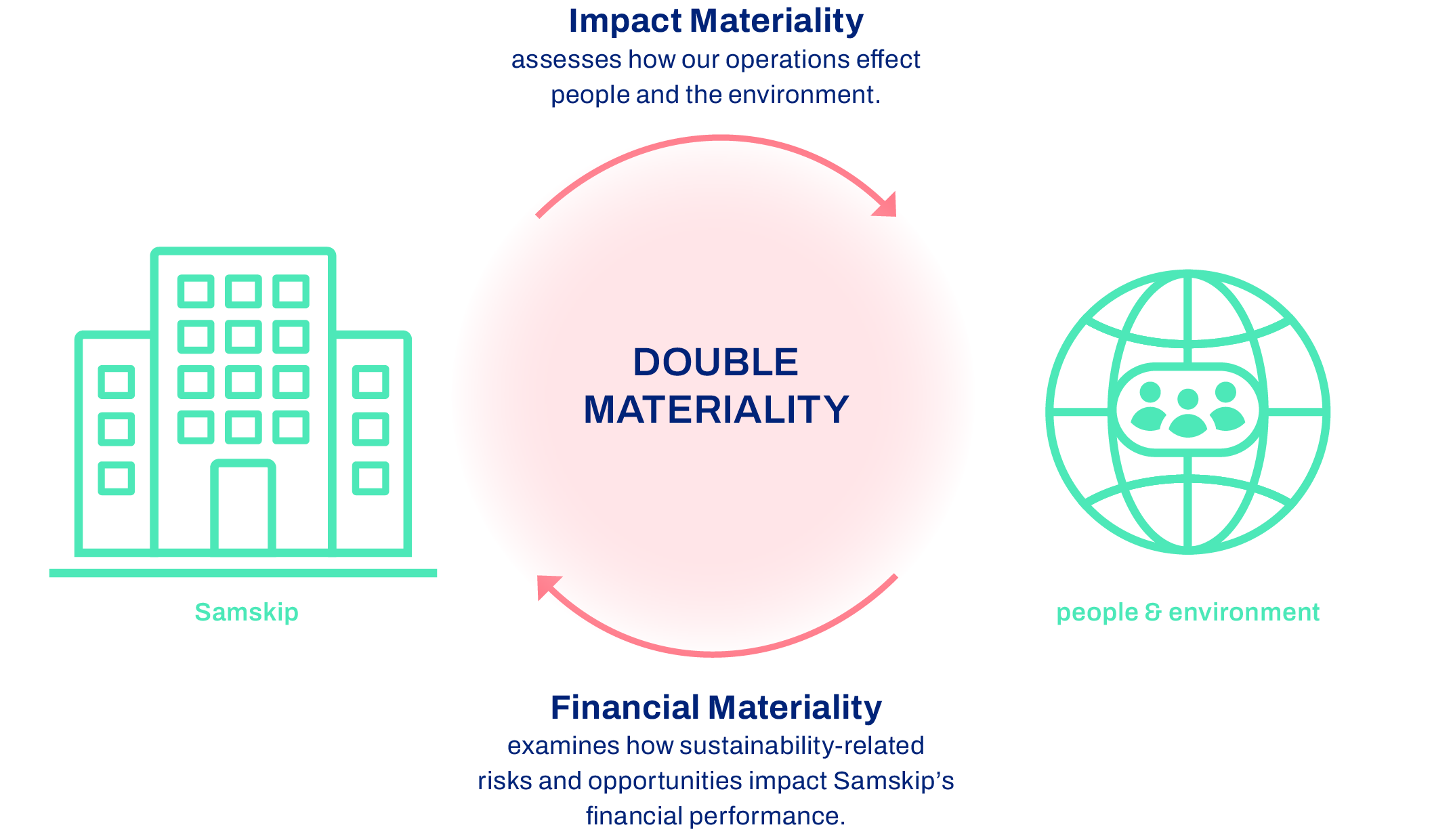
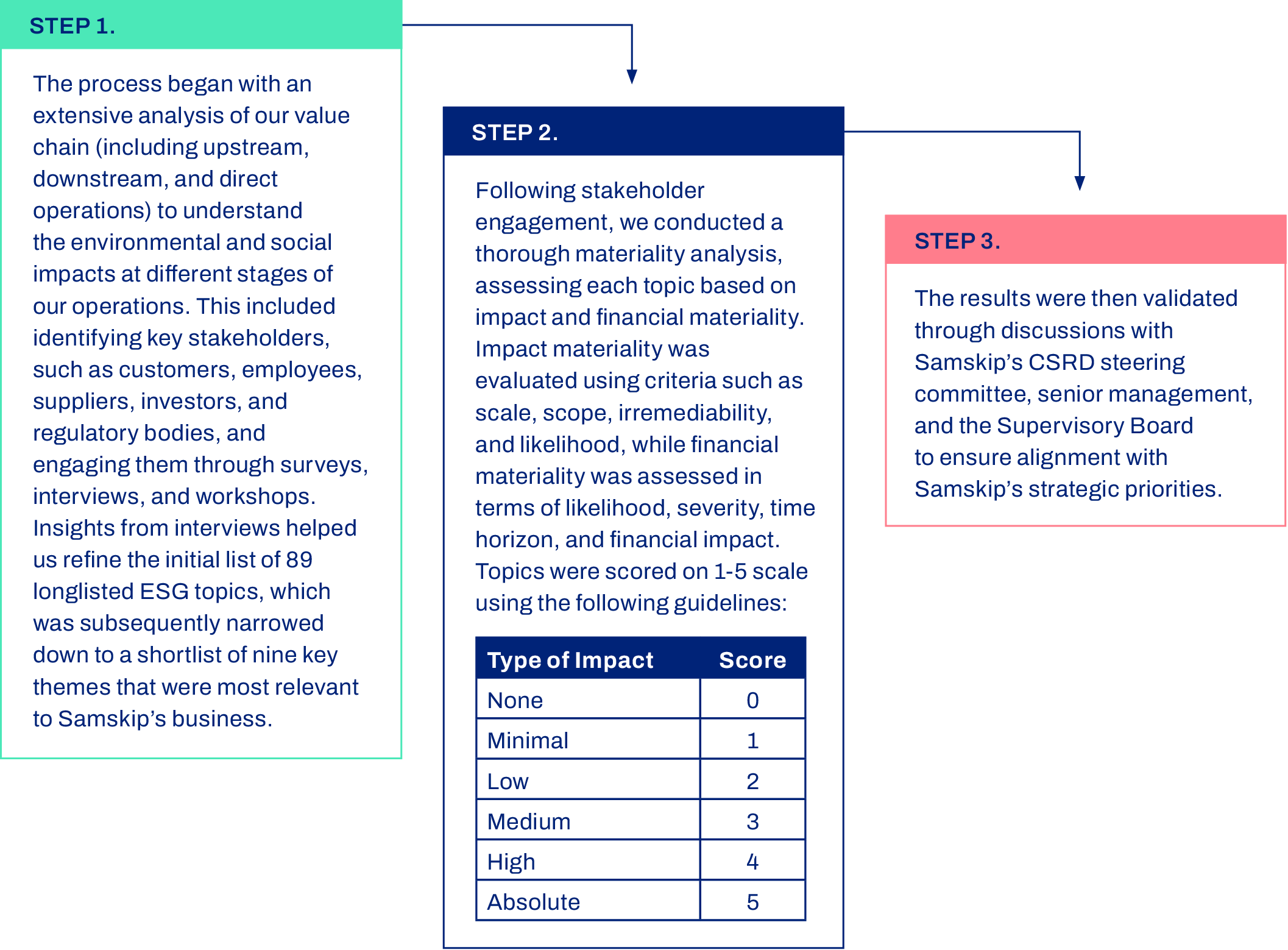
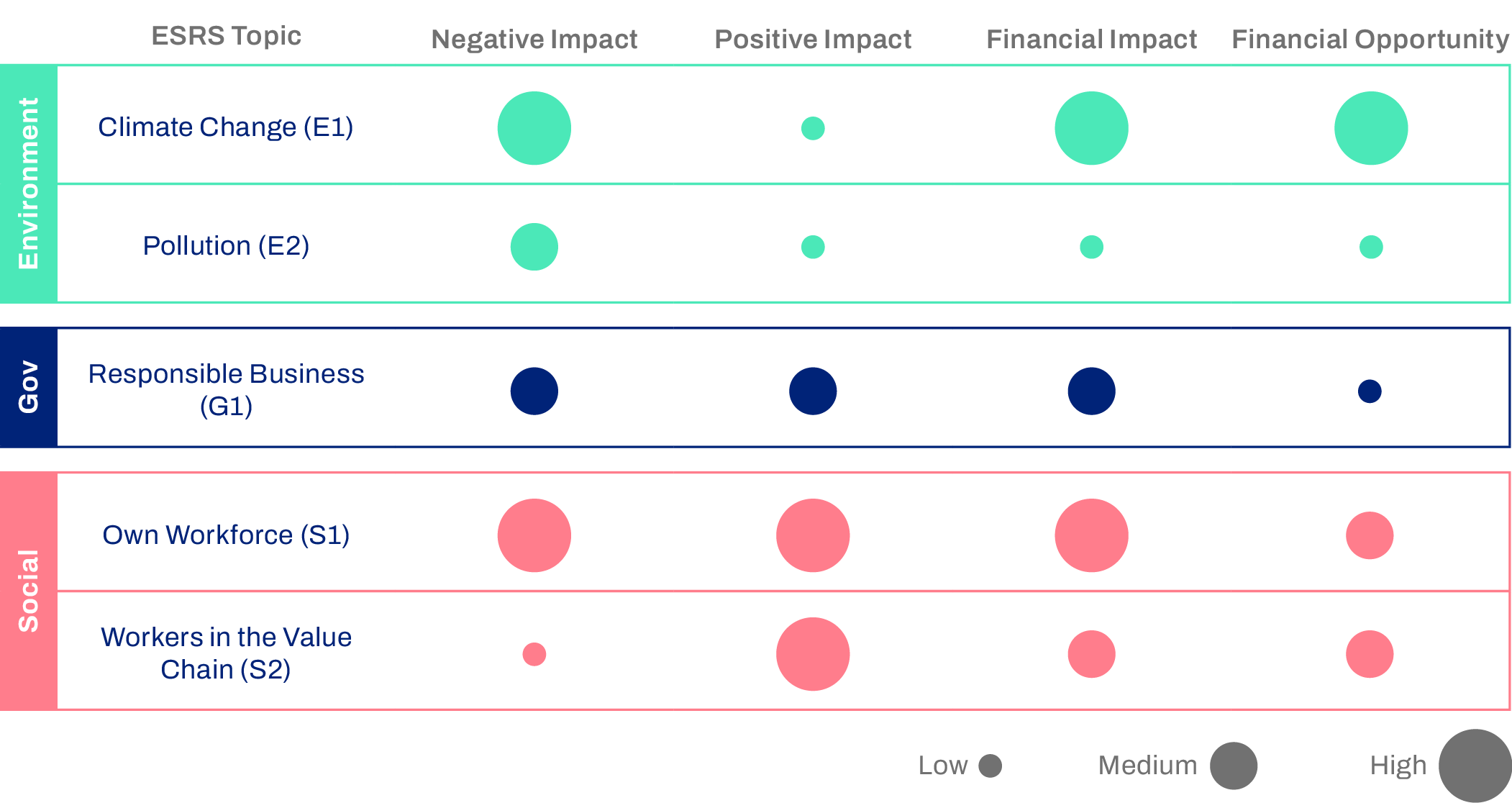


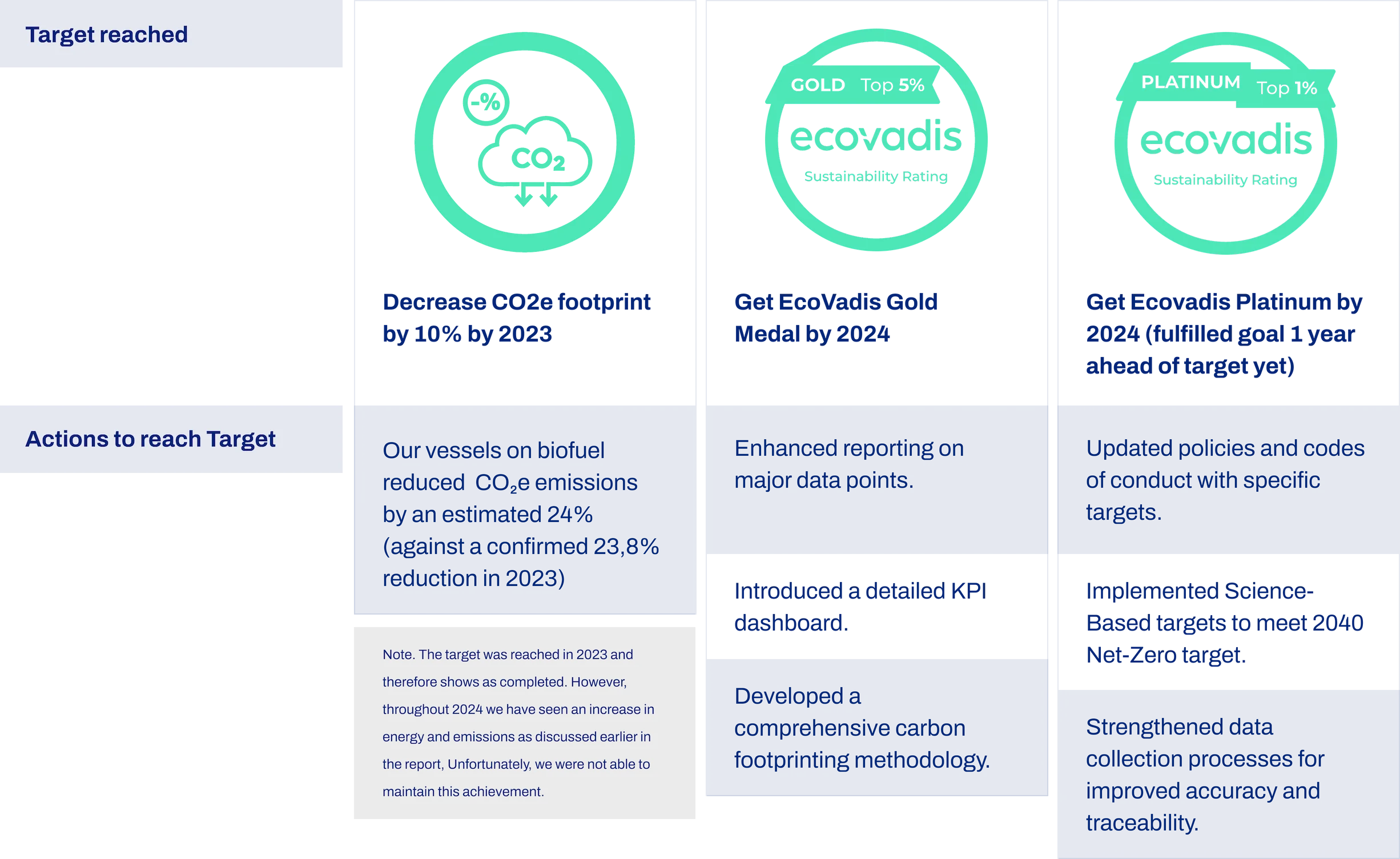
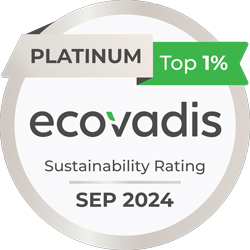
.png)

